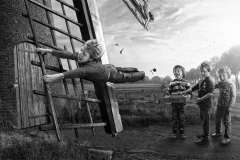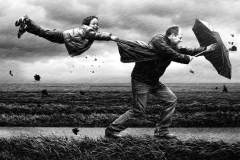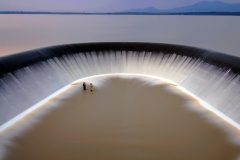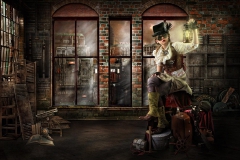Are you pretty handy with a camera and typically snap some good-looking shots? Are you interested in increasing your skills even more? You have arrived at the right place if you’re ready to do this. The advice included here can help you improve your skills in photography.
Don’t go overboard with complex camera settings. Do not attempt to take on too many customizable settings at once. Choose to master a new setting monthly, from shutter speed to aperture. Once you are very skilled with your settings, you will be able to make adjustments quickly and focus all your attention on getting excellent photos.
It is a good idea to look at what other photographers do in order to get inspiration. Doing so can remind you about all the ways to catch a single image.
While sunny days may look beautiful in person, direct sunlight has a way of making your prints look terrible. Bright sunlight casts awkward shadows and over exposes areas of the image. It can also cause your subjects to close or squint their eyes which looks unnatural. If you can, take your pictures in the early morning hours, or in the late evening if you are taking photos outside.
When deciding on which shots to display, choose the best ones. Resist the urge to show people every photo, especially multiple shots of the same person or subject. It is very tedious to see this type of repetition. Keep your photo displays fresh and interesting, and show off a variety of aspects of your creative photography talents.
When you take photographs, write a couple of notes about them. Whenever you go back and view the vast number of photos you have taken, you may not remember where and when some of them occurred. Bring a notebook with you and write down a description of every photograph you take with the corresponding number.
Most modern digital cameras have a flash that automatically deploys when they detect low-light situations. This flash is great for quick shots, but more professional photographs should use an external component for flash and lighting. If your camera will accept an external flash (look for a “hot shoe”), a photo shop can set you up with a model to sync with your camera.
Set limitations, and this will help you make your photographs more creative. One way is to limit your shots for a whole day to subjects that express a single idea. One way to improve technique in photography is to photograph the same object or scene over and over again. You can use these limitations to make you think outside the usual parameters.
People usually just look right into the camera. You can create a more interesting shot by directing your subject to focus on a point off-camera instead of directly at the lens. Or, you could have your subject focus their gaze on something or someone else in the frame.
Try to have frames in each of the shots you take. Not just placing a wooden or metal frame around your shots, but a “natural” one. When you are taking a picture, you should look for a natural frame for your subject. This is a great way to practice composition.
Practice Shots
Take plenty of practice shots when you are adjusting to new subjects or backdrops. Every situation can produce different results, so be sure to take as many practice shots as possible to get a good feel for your surroundings. Changes in lighting will give you a chance to experiment with a variety of natural and artificial light.
There were probably at least a few suggestions and tips that will get you interested in trying new ways to take great pictures. With any luck, these hints and tips will take your photographs from dull to dramatic. Keep trying different techniques until you find one that works.








